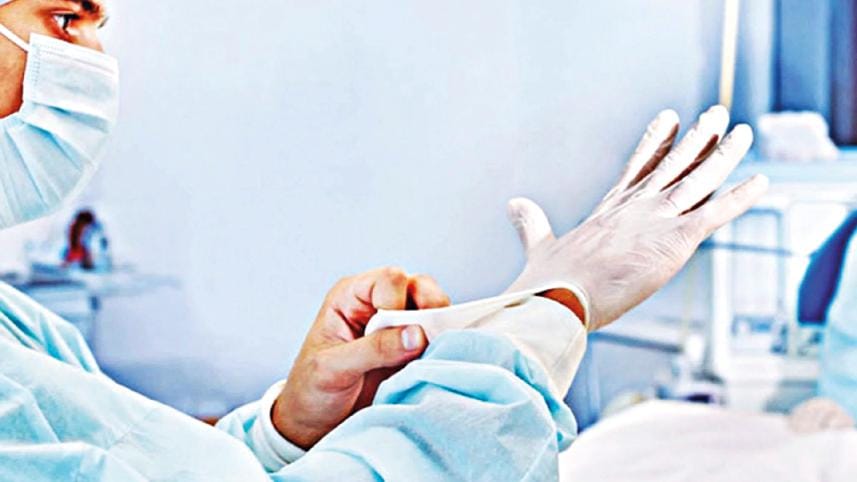Legal remedies for medical negligence

Recent news reports have highlighted a tragic incident where a lady and her child lost their lives due to alleged medical negligence at the Central Hospital. This incident brings to light the regrettable fact that incidents like these happen quite frequently in Bangladesh. Various incidents of medical negligence are a sum of surgical errors, delayed/denied patient care during an emergency, administration of incorrect medication, infliction of lasting physical harm during surgical procedures, among others. Consequently, it prompts us to question the potential legal remedies that can be pursued in such situations.
Despite the fact that medical negligence is not specifically addressed by Bangladeshi criminal law, similar offenses are addressed under provisions of the Penal Code 1860. Sections on negligent conduct involving drug adulteration (Section 274), negligently causing death (Section 304A), causing a miscarriage (Section 312), and endangering life or safety (Section 336) are among them. These offenses are all punishable by a minimum of six months and a maximum of seven years in jail. However, medical professionals are shielded from lawsuits by clauses like Section 88, which absolves them of responsibility if the harm was unintentional, done in good faith, and with the victim's consent. Also, section 92 safeguards practitioners acting in good faith for the victim's benefit in situations where consent is impossible or the victim lacks a capable guardian.
Then comes the Consumer Rights Protection Act 2009. Under this Act, medical negligence is deemed a violation of consumer rights, as patients are seen as consumers and medical institutions as service providers. Section 53 of the Act focuses on medical negligence particularly, providing penalties such as imprisonment and fines. However, complaints must be lodged within 30 days with the authorised person, and the magistrate can only take actions if a charge sheet is submitted within 90 days.
Medical care may be viewed as a contractual arrangement, hence negligence on part of a doctor may also be deemed a breach of contract. In such instances, the injured patient may seek redress under the 1872 Contract Act. Furthermore, if doctors violate the conditions of the contract, patients can seek temporary or permanent injunctions under the Specific Relief Act of 1877. Aside from that, the Medical and Dental Council Act of 2010 gives the council the jurisdiction to withhold registration or remove practitioners' names from the register for carelessness or misconduct. Gross negligence by doctors and dentists can be considered misconduct and can result in expulsion from the register.
Medical negligence can be addressed constitutionally as well. The Constitution of Bangladesh recognises the fundamental right to life (Article 32) and the enforcement of fundamental rights (Article 44). The State has the duty to ensure the basic necessities of life, including medical care (Article 15), and to improve public health (Article 18). Article 102 (read with Article 44) allows them to file writ petitions for redress.
In recent years, judicial activism has played a significant role in providing remedies for medical negligence cases. For instance, in 2011, Labaid Hospital was directed by High Court to compensate the wife of a deceased Dhaka University professor. In 2016, Japan Bangladesh Friendship Hospital faced penalties for concealing a child's death. The High Court Division awarded compensation to victims who lost their eyesight in 2018. Also, in Delwara Begum v Dr. Md. Surman Ali, the High Court Division ordered the continuation of a medical negligence case that had been discharged by the trial court on account of inadequate consideration of evidence.
In conclusion, it can be said that the lack of particular codified legislation in Bangladesh to address medical negligence leads to a patchwork of remedies, that are accompanied by procedural complexities and the usual financial constraints. Furthermore, the failure to enforce High Court Division's directives worsen the problem. To solve these issues sustainably, it is essential to pass a comprehensive medical negligence law that defines medical negligence and establishes compensation standards by updating existing laws and regulations. Furthermore, the introduction of Health Tribunals with the assistance of medical professionals, could provide an effective tool for disposal of cases of medical negligence as well.
The Writer is Contributor to Law Desk, The Daily Star.



 For all latest news, follow The Daily Star's Google News channel.
For all latest news, follow The Daily Star's Google News channel.
Comments